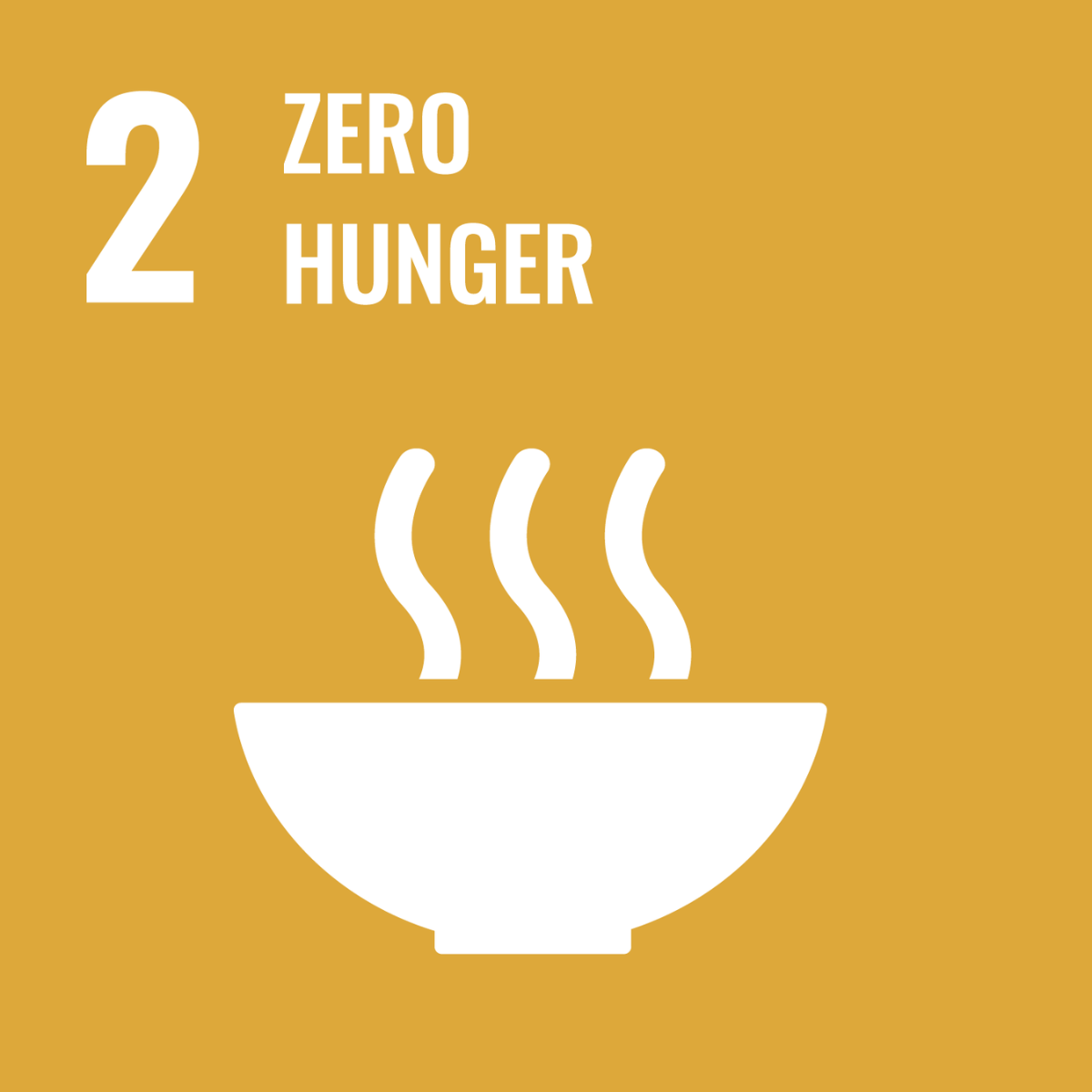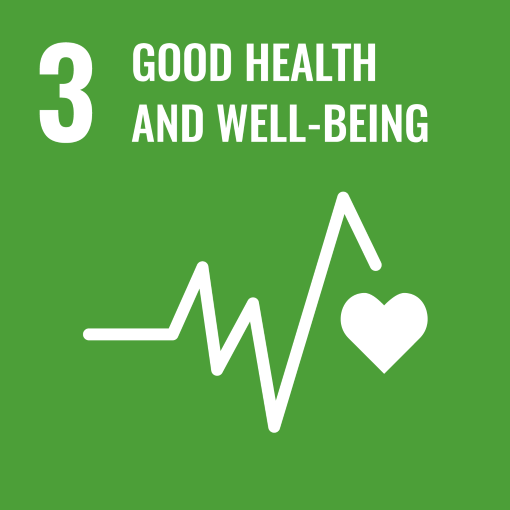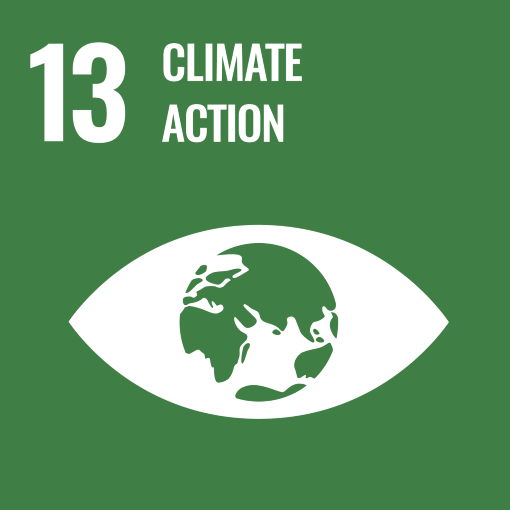Food & Nutrition Security
Feeding the world, equitably and sustainably
Defining food & nutrition security
Food and nutrition security refers to a situation where all people, at all times, have physical, social, and economic access to sufficient, safe, and nutritious food that meets their dietary needs and preferences for an active and healthy life.
The concept encompasses four key dimensions:
- availability: having enough food produced
- access: the ability to obtain food
- utilisation: proper dietary intake and absorption of nutrients
- stability: consistent access to food over time
Why is food & nutrition security important?
Zero Hunger by 2030: that was the target of Sustainable Development Goal 2. Despite the looming deadline, in global terms we are far from reaching that aim. One in 11 people worldwide went hungry in 2023, with the number rising to 1 in 5 in Africa (1). Globally, we have seen an alarming rise since the last decade (2). With the global population forecast to reach 8.5 billion by the 2030 deadline and then keep rising (3), the issue is set to become all the more pressing.
Going beyond hunger, the amount of food available isn’t the only thing at stake. Ensuring everyone can eat a nutritionally complete diet is crucial too. In 2030, projections indicate that 582 million people will be chronically undernourished (4), causing a wide range of serious health problems.
As a result, in 2023, almost 29% of the world’s population was classed as being moderately or severely food insecure (5). And as the drivers causing food & nutrition insecurity are intensifying and becoming more frequent, charting a path to security is becoming ever more pressing.

Summarizing Food Systems 4.0, FAO Regional Programme Leader Raimund Jehl writes: “The food sector can harness digital tools ranging from e-commerce and mobile technologies for increasing access to markets, to the use of artificial intelligence for improved pest control and crop genetics, as well as tools allowing optimized management of natural resources and early warning of food-security threats. It will facilitate a holistic approach, bringing the economic, social and environmental dimensions together to achieve the Sustainable Development Goals.” (3)
What do we mean by food & nutrition security?
Achieving food & nutrition security on a global scale means leaving no one behind, creating equity in food and nutrition. It means everyone having enough of the right, high-quality food, consistently when they need it, along with the financial resources to buy it.
Food production systems need to be resilient and environmentally sustainable to ensure availability. Everybody must be able to access the food produced and traded, both physically and in terms of financial resources. Good utilization of the food consumed – in other words making best use of its nutrients – depends on good care and feeding practices, appropriate food preparation and eating a varied diet. Finally, food & nutrition stability means having all these elements consistently over time.
What are the key challenges?
Food and nutrition security faces several key challenges, many of which are interconnected. Climate change disrupts food production through extreme weather, while population growth and urbanization increase food demand and change consumption patterns. Poverty and inequality limit access to food, even when it’s available, and conflict further disrupts food supplies, especially in vulnerable regions. Agricultural productivity struggles due to outdated methods, environmental degradation, and water scarcity, while food waste remains high along the supply chain.
Malnutrition persists, with undernutrition in poorer regions and rising obesity in wealthier ones. Trade policies and economic pressures like food price volatility complicate global food security, and food safety issues threaten public health. Addressing these challenges requires coordinated global action, innovation, and sustainable practices.
The opportunity
It is clear that global food systems need to change to achieve food & nutrition security. This creates opportunities for innovative companies of all kinds that can find new ways to meet the key challenges.
From AI to insects and fermentation, the possibilities are exciting and endless. Companies are already finding smart ways to optimize food production and increase production density to meet rising food demand.
New technologies are being used to produce food differently and in non-traditional settings, such as vertical growing in urban environments. Ingenious solutions are giving all kinds of food waste a new lease of life, creating nutrient-rich products with serious eco-credentials.
And this change is a global priority attracting global funding. In the 2022 fiscal year, US$9.6 billion was committed to agriculture and related sectors by the International Bank for Reconstruction and Development and the International Development Association (6). This trend is mirrored by governments worldwide, creating both global and local funding opportunities in this sphere.
The Swiss ecosystem actors
In Switzerland, many companies and organisations are already innovating in this area, including numerous SFNV partners.
ADM
ADM is committed to providing a clean label to customers through traceability practices
Agilery
Agilery is your one-stop food manufacturer – Driving food innovation to catalyse the good change in our food system.
AgroSustain
A one-stop-shop solution for biological plant protection
CleanGreens Solutions
CleanGreens Solutions provides growers cultivation technology and knowledge to lead a profitable business and agriculture towards sustainability.
COOS Change Agency
COOS is a change agency hungry for impact with a mission to make food the most powerful tool to keep both people and planet healthy and thriving.
EPFL
EPFL through its Integrative Food and Nutrition Center – brings together more than 350 internationally recognized Professors that can provide expertise in the field of digitalization, from media analysis, food behavior monitoring and smart wearables to manufacturing optimization and modeling.
ETH Zürich
The Swiss Federal Institute of Technology in Zürich (ETH Zürich) is a public research university characterised by its curiosity-driven approach to science, excellence in research, innovative teaching, strong partnerships and entrepreneurial spirit, which all contribute to its vision of paving the way in a complex world.
FOOD2050
FOOD2050 measures and monitors the environmental impact of each stakeholder group within the food world and helps them to improve their environmental footprint with clear actions enabling all participants within the value chain to make a change, bite by bite.
FoodHack
Where Food & FoodTech professionals come to get the inside scoop on industry news and meet partners, friends, mentors, investors – and everything in between.
FoodYoung
A Swiss-American consumer food innovation company on a mission to transform the food system.
Future Food Solutions
A new way of sourcing and procuring alternative proteins for sustainably produced food.
GreenState
Smart modular and vertical farming developed to operate in almost any environment, all around the globe.
Hexafed
Hexafed drives change in the agrifood system by upcycling side-streams to produce raw materials in a sustainable and circular way.
Insolight
Bringing to market novel solutions to efficiently combine solar electricity production and agriculture.
Konoï
KONOÏ is a family business whose mission is to promote nutrition and well-being through hemp.
Lowimpact Food
Sustainable protein production using insects and circular agriculture that upcycles food byproducts for efficiency and waste reduction.
Luya
Flavor loaded and natural plant-based alternatives to meat from rescued resources.
MABEWO
MABEWO AG invests in innovative and sustainable projects that solve the key challenges of our time, like how to help people who lack even the most basic resources.
MagicTomato
Local and sustainable groceries to your door with a positive impact on the planet.
Mediterre International
Producing pure, organic natural products from sustainable cultivation.
Nectariss
Nectariss is on a mission to create a better-tasting and more sustainable food through the precision fermentation of fungi.
NEMIS Technologies
NEMIS tackles the current challenge by offering a rapid and cost-effective lab-free screening tool. Our method enables extensive and frequent on-site testing, revolutionizing environmental monitoring.
Nestlé
Innovation is Nestlé’s hallmark. We’re committed to developing innovative products and services that provide nutrition and health for people and pets everywhere, across all their life stages, in a way that’s good for our planet.
ProSeed
ProSeed’s ambition is to strive for a world without food waste, providing upcycled food raw materials to the professional ingredients market.
revyve
We create protein-based ingredients from upcycled single cells, through a process that unlocks unique functionalities, like heat-set gelling, emulsification, and more. Our ingredients help us extend our stay on this beautiful planet, with fairness and integrity, one bite at a time!
Sanvitafood
A B2B-raw material exchange platform to reduce food waste and preserve valuable raw materials.
Sight and Life
A global nutrition think tank that delivers science-based solutions to eliminate all forms of malnutrition among vulnerable populations.
SmartBreed
A complete solution for food manufacturers to efficiently turn food losses and organic by-products into valuable insect-based materials at the source to foster future-proof and sustainable value creation in the sense of the circular economy.
Thought For Food
Thought For Food is the world’s next gen innovation engine for food and agriculture. We create, empower and support a new generation of leaders to solve our planet’s most pressing challenge: How to sustainably feed 10 billion people?
True Foods
Increases the sustainability of our food ecosystem by cultivating ancient seeds and creating organic, healthy and sustainable food products
UpGrain
UpGrain is committed to establishing Brewer’s spent grain (BSG) as the protein and fiber source of the future. The upcycled resources are purely plant-based, locally sourced, preserve nature and the environment and are perfectly applicable to a wide range of food applications.
VIFFFF
Pioneering a new generation of fermented, vegan, gluten-free, and healthy, tasty meat alternatives produced sustainably.
Vivent Biosignals
Harnessing biosignals to make agriculture more sustainable. Healthy plants for healthy people on a healthy planet.
Voltiris
Colour-optimized solar modules to combine crop growth and energy production to allow growers to gain energy independence, profitability, and sustainability.
Vunanexus
Reduces ammonia emissions and water pollution by transforming urine into fertilizers.
Food and nutrition security & the Sustainable Development Goals
The Sustainable Development Goals (SDGs) are a set of 17 global goals adopted by the United Nations in 2015 with the aim of ending poverty, protecting the planet, and ensuring peace and prosperity for all. Find out how food & nutrition security can contribute to the delivery of these goals below.

Find out more
Food and nutrition insecurity have a huge impact on economic productivity. Ensuring every person has access to enough food with the right nutrients at all times helps ensure they are able to work and earn a living.

Find out more
Being in a state of food security means having both physical access to sufficient food and enough money to buy it. Only by ensuring food & nutrition security will we achieve the goal of zero hunger.

Find out more
Consuming a varied and balanced diet, alongside enough calories, is crucial for good health and preventing diseases. This is especially important for children for healthy growth and development.

Find out more
Food production is a major contributor to greenhouse gas emissions. Making agriculture and food production more sustainable and resilient will not only help achieve food & nutrition security, but also reduce the environmental impact of our food systems.
Sources
1) FAO, IFAD, UNICEF, WFP and WHO. 2024. The State of Food Security and Nutrition in the World 2024 – Financing to end hunger, food insecurity and malnutrition in all its forms. Rome
2) United Nations, Sustainable Development Goals, Goal 2: Zero Hunger, https://www.un.org/sustainabledevelopment/hunger/, accessed 18/09/2024.
3) United Nations, ‘Global Issues: Population’, https://www.un.org/en/global-issues/population#:~:text=The%20world%20population%20is%20projected,and%2010.4%20billion%20by%202100., accessed on 17/09/2024.
4) FAO, IFAD, UNICEF, WFP and WHO. 2024. The State of Food Security and Nutrition in the World 2024 – Financing to end hunger, food insecurity and malnutrition in all its forms. Rome
5) FAO, IFAD, UNICEF, WFP and WHO. 2024. The State of Food Security and Nutrition in the World 2024 – Financing to end hunger, food insecurity and malnutrition in all its forms. Rome
6) FAO, IFAD, UNICEF, WFP and WHO. 2024. The State of Food Security and Nutrition in the World 2024 – Financing to end hunger, food insecurity and malnutrition in all its forms. Rome
7) World Bank Group, What is Food Security?, https://www.worldbank.org/en/topic/agriculture/brief/food-security-update/what-is-food-security, accessed 18/09/2024
